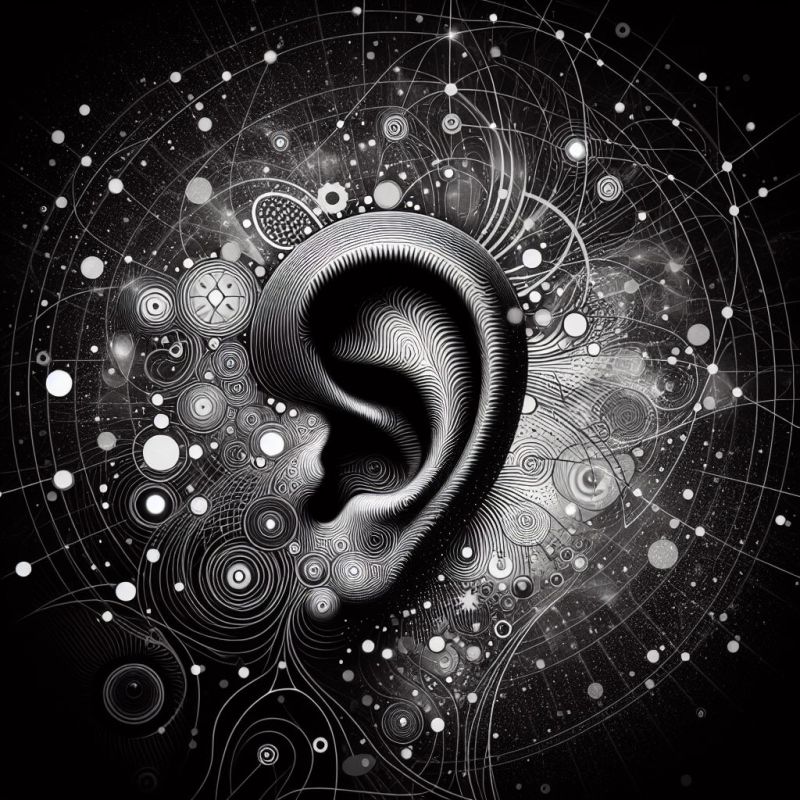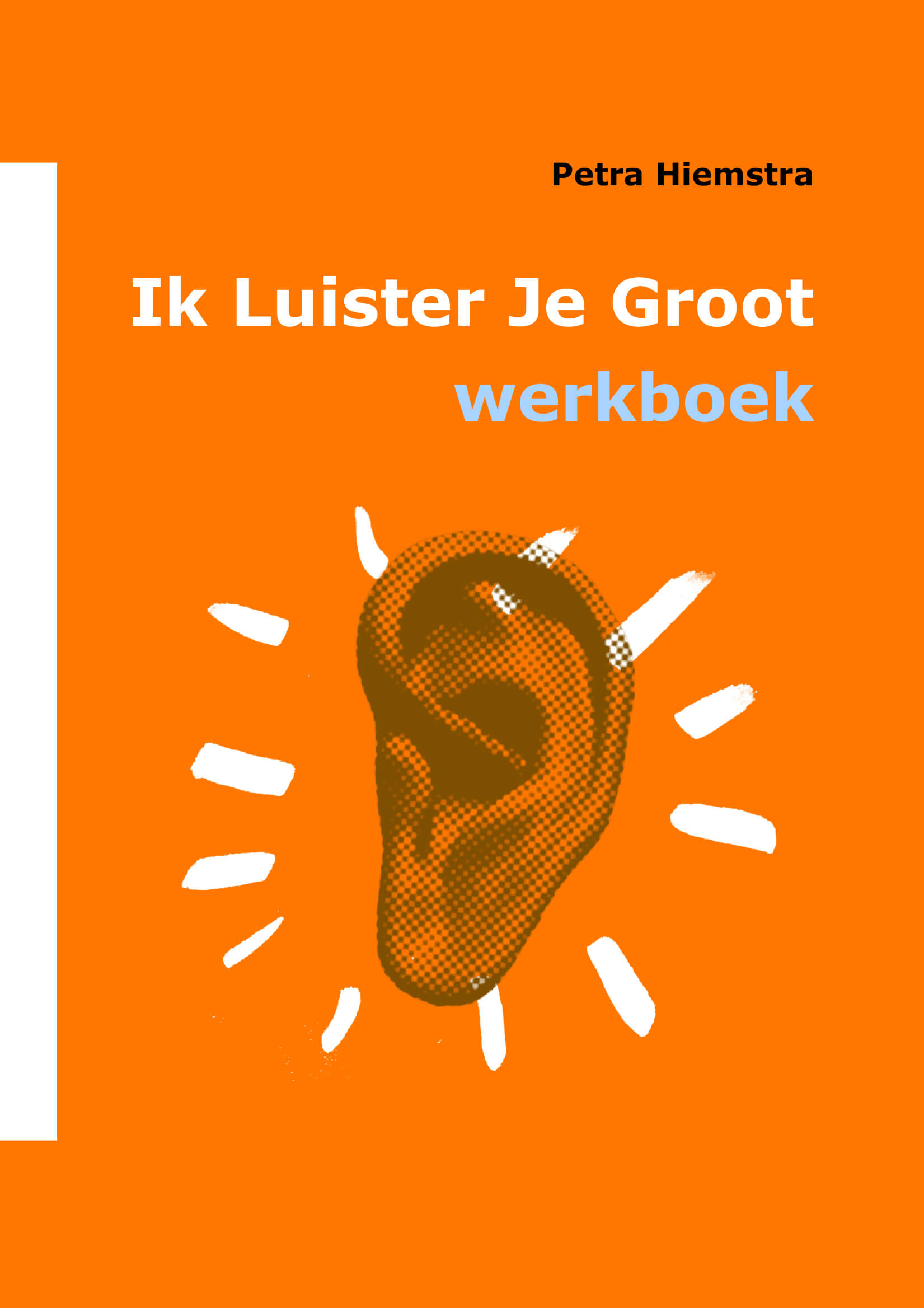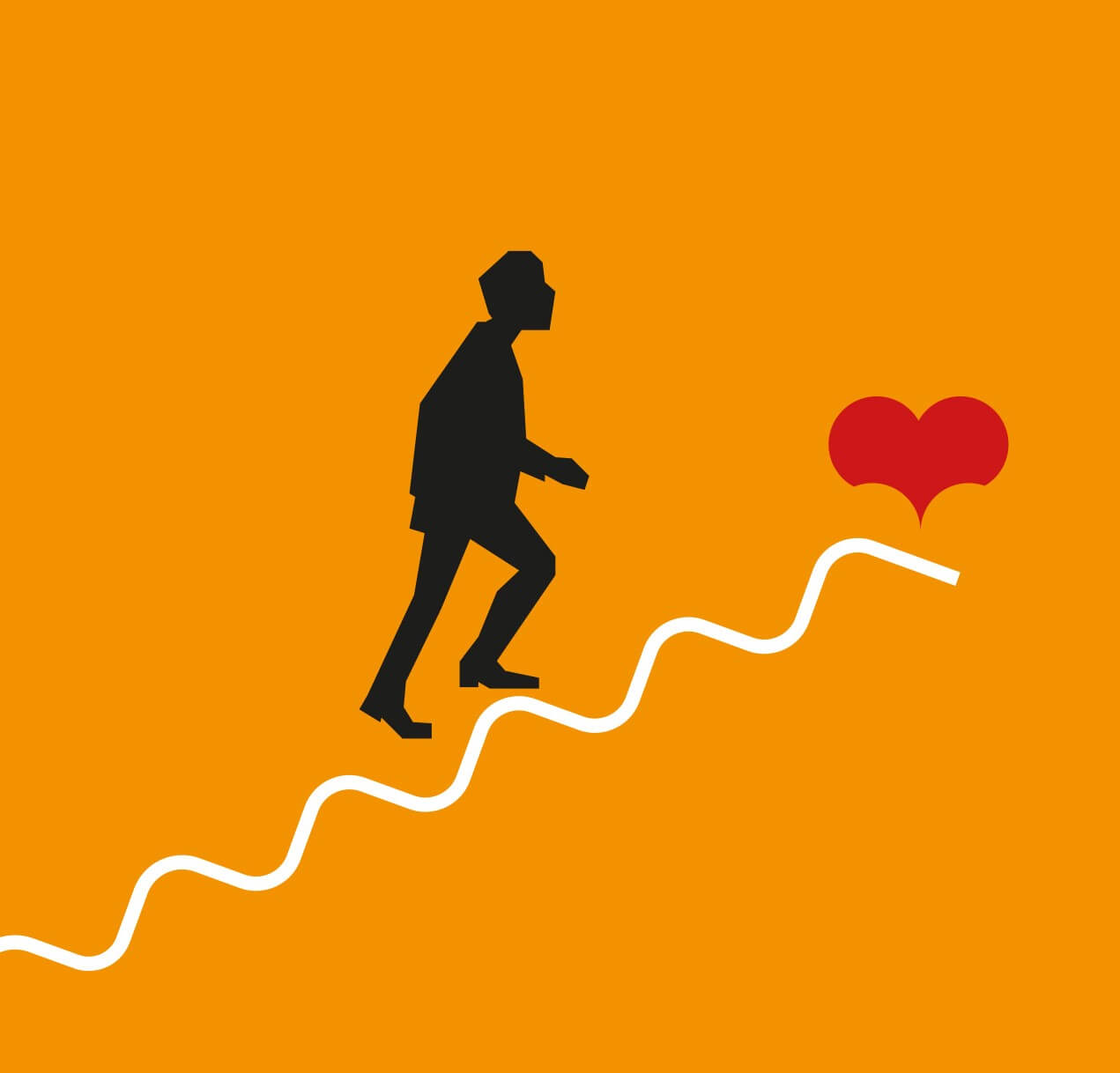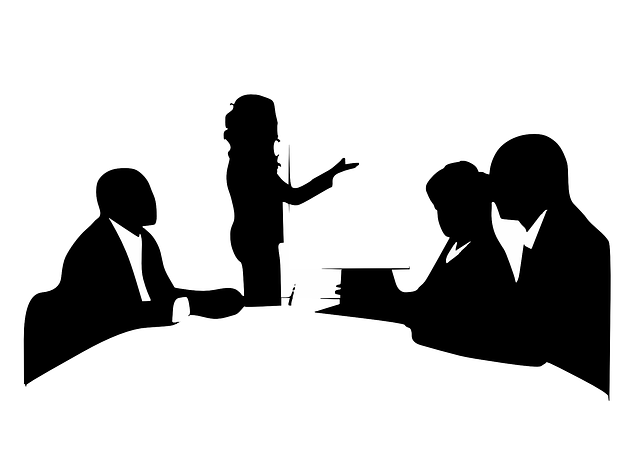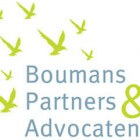Why wounded people can be dangerous and hurtful – and why we all must have the courage to face our own shadows
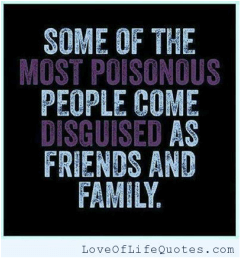
The first thing you need to realise if you’re dealing with someone like this is this: Their behaviour towards you has nothing to do with you, but everything to do with them. Psychotherapist and life coach Jodie Gale says “Often the person is deeply wounded and for whatever reason, they are not yet able to take responsibility for their wounding, their feelings, their needs and their subsequent problems in life” (see footnote 1). So it’s not that these people are toxic themselves (no-one is inherently bad unless they’re a diagnosed sociopath) – they’re wounded. But the way they unconsciously act out their wounds towards others can be labelled ‘toxic’ because these behaviours are hurtful and damaging to others. Often they’re completely unaware that they feel the need to hurt others because they don’t feel good about themselves. But that doesn’t excuse their hurtful behaviour. They will find ways to bring others down – intentionally or unintentionally – because it feels like the only way they can lift themselves ‘up’. And the effects on those around them is poisonous.
Some of these people go to extraordinary lengths to hurt others as a way to make themselves feel better, which can be really painful if this person is a family member or someone who you had thought was a ‘friend’. They don’t yet have enough self-awareness to take responsibility for their own feelings and their unfulfilled needs, so they look to the outside to release their pent up frustration and ill feelings. If you happen to be the target of someone’s subversive, toxic behaviour, it’s quite likely that you trigger one of these emotions in them:
Envy/resentment/bitterness
Perhaps you have or are something that they want to have or be. They may not even be aware of it; in their eyes you probably just ‘get their hackles up’, but underneath their irritation may be feelings of envy, resentment or bitterness that you have what they want but feel they can’t get.
Threat
You may threaten their position somehow. Perhaps they’ve worked hard to create feelings of safety and superiority (to cover up their feelings of inferiority), and you threaten this position in some way. If this is the case, they’ll need to hurt you to try to get you out of the way and to retain their sense of control.
Rejection
Perhaps they feel you aren’t paying them enough attention, or aren’t making them feel special enough, as a result of their own feelings of unworthiness. So they’ll try to hurt you back to make themselves feel better.
The fact is, whatever the dark feelings are that you trigger within them, it’s up to them to take responsibility for these feelings and to do the inner work to clear them. You’re simply acting as a mirror, reflecting back to them where they’re wounded and unhappy. We all know how painful and unpleasant it is when we’re the target of someone’s toxic behaviour. That’s why it’s so important that each and every one of us have the courage to face our own shadows. By shadows I mean the not-so-nice parts inside of us, the dark and the ugly parts, the parts we would rather deny, disown or push underground. If we don’t face these dark parts of ourselves, own them and do the work to transform them, our darkness ‘oozes’ out towards other people in the form of toxic behaviours.
Author Mark Matousek (author of Sex, Death, Enlightenment) talks about seven ‘shadows’ that hide our inner light, obscuring our pure and original essence of love and compassion. We’re all born as pure love; we know this to be true when we’re with a baby. We all love babies because they’re pure and not yet been wounded by life. The main ‘shadow’ emotions that hide our inner light are:
1. Shame
Somehow in our childhood we’re all made to feel ashamed of something. I felt ashamed of my strawberry blonde hair as a child after someone called me a ‘carrot top’ in school. I was ashamed of the fact that I didn’t grow breasts until many years after my girlfriends first grew theirs; and later I was ashamed of many of the reckless things I did in my teens when I was trying so hard to be cool and accepted. Many of us harbour shame but we don’t really know it. When I first started seeing a therapist during a very difficult phase of my life many years ago, the first thing she said was “I can see you feel shame around many things”. My first reaction was “Shame? I don’t feel any shame”. But as she probed deeper, I started to cry and cry as I realised just how much shame I had been holding onto. This was the first critical step in my own healing, to acknowledge my shame and to love and forgive myself for all these things I felt shame around – I’m only human after all. If we don’t recognise and release our own shame, it unconsciously leaks out onto others in ‘toxic behaviours’.
2. Rage
We’re told from a young age that anger and rage are bad emotions; “Don’t get angry, it’s not nice”. But in fact anger is a very necessary emotion that tells us where we feel our boundaries have been violated. It’s telling us something important about ourselves. Perhaps it’s telling you that you need more privacy, or that you need to articulate your boundaries more clearly, or that you need people to respect your needs. If you feel angry about something that’s happened to you, what is the anger caused by? Usually there is grief or sadness underneath the anger. If we were taught to listen to and honour our anger as children, to ask what it’s trying to tell us, the world would be a different place. We wouldn’t be ashamed of this valuable emotion and we would know how to process it. As Mark Matousek says “It’s humbling to admit our anger. It gets us off our self-righteousness, off our soapboxes, to admit I have anger, I have shame, I have rage, I have greed and the rest of it. It makes us human. It brings us into contact with the rest of the human race. Compassion is to feel with the suffering of a person. If we don’t accept our own suffering, we can’t possibly have compassion for the suffering of others.”
3. Envy
We’re told that we’re not supposed to feel envious, that we should appreciate what we have and be joyful for others. But again, envy is an emotion that can teach us about what we really desire ourselves. If you feel envious towards someone, it’s because they have something that you dearly want. Rather than become bitter and resentful towards that person, let it tell you where you desire things in your own life. And then take responsibility for creating those things in your own life. Envy is very useful for helping us understand how and where we want to improve things for ourselves.
4. Greed
Greed is another ‘shadow’ emotion that can cause us to act out in toxic ways, if left unacknowledged. If you feel insatiable in some areas of your life, Mark suggests “Ask yourself, why do you feel like you’re not enough or like there is never enough? Where do you feel like there is not enough in your life? Why when you get what you think you wanted, are you not satisfied? Why is that? What is that? That’s greed. Don’t judge yourself for it. Just acknowledge it because what that greed is telling you is that your desire cannot be satisfied if it’s coming from external things. True satisfaction has to come from within. Unless you’re coming from a position of wholeness and sufficiency within yourself, greed will always be active in your life.” True fulfilment comes from knowing ourselves deeply, from clearing our wounds and learning to love ourselves and our life. It also comes from orienting ourselves towards service to others; becoming someone who gives rather than just takes. To be able to receive in life, we must also learn how to give.
5. Lust
Most of us are afraid to even admit to feelings of lust. As Mark says, we’re terrified of lust because we believe that it’s stronger than we are, we’re scared of where it’s going to lead us. But if we can admit to our lust and try to understand what it is telling us, it can diffuse the power within it, and we see that it’s connected to passion, which is a wonderful, life-affirming power. Mark says “Remember that passion is key to our own well-being and to our spiritual awakening. We need our passions. They’re part of what give our life meaning. It’s part of what gives us our humanity”.
6. Fear
All of the above emotions are connected to fear in some way – fear that we aren’t enough, fear that we won’t have enough, fear that we will be consumed by our dark emotions so we push them underground where they become toxic. Ask yourself, where is fear holding you back? Where is fear preventing you from fully enjoying your life? What are you afraid of in desiring what you truly want? Acknowledging our fears and embracing them, rather than suppressing them, is the only way to diffuse their power and to move back towards love. As my healer used to always say “There is only fear or love. Always choose love”.
7. Grief
Another emotion that most of work hard to suppress is grief. Grief can be a beautiful thing if it isn’t pushed underground and subverted. It is precious because as Mark says “it’s proof of your heart, it’s proof of your caring, and it’s proof of your compassion. The wound is proof of humanity”. Inside most of our wounds we can find grief at some level. So ask yourself where you feel grief in your life. Where have you suppressed grief so that it’s turned to sadness, bitterness or depression?
None of these emotions I have outlined above are bad. They become harmful when they’re denied, disowned or suppressed. We all have these emotions; it’s part of the human experience. But instead of trying to push these bad feelings aside, we need to move towards them, embrace them, ask what they’re trying to tell us, and where we need to allow ourselves to heal. The more we try to ignore them and pretend they’re not there, the more they will leak out unconsciously in toxic behaviours towards others, harming or hurting those we spend our lives with.
The next time you’re in a situation where someone has triggered one of these feelings in you – anger, shame, envy, greed, lust, fear or grief – pause for a moment and ask yourself why? Which feeling has been triggered in you? What is this feeling trying to tell you? Is there somewhere in your life you feel you need or want something that you don’t have? Does this person trigger your own feelings of unworthiness? Where do you need to heal yourself so that you can feel more whole and peaceful? It’s not always easy navigating our own emotions. If you’re stuck in negative emotions triggered by someone else, reach out to someone who is trained to help in this area – a therapist, a coach or a healer. Heal the wounds that lie underneath these shadow emotions. Try not to lash out at others with your negative reactions. Otherwise you run the risk of hurting others, perhaps someone you love. We owe it to ourselves, and we it to everyone in our lives, to own our own shadow feelings, to process them and to take radical responsibility for creating our own happiness. Try to be a positive influence in the lives of others – that is where we will find true happiness and fulfillment.
In service to helping you find greater levels of peace, flow and happiness in your life,
Katie
Bron: http://www.whisperingheart.net/blog/archives/09-2015

